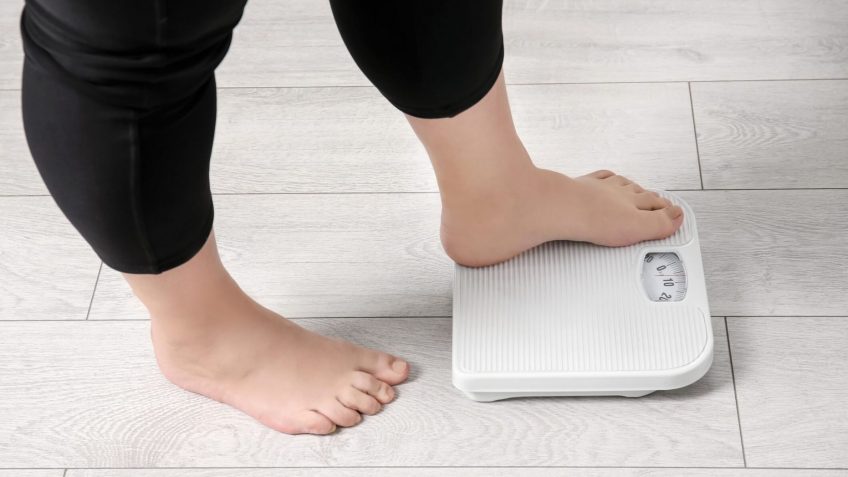Obesity may increase the risk of coronavirus-related deaths by 50%, according to a recently published report in the journal Obesity Reviews.
Researchers at University of North Carolina, Chapel Hill, analyzed published literature on patients with novel coronavirus and found individuals with obesity, defined as a BMI over 30, were more likely to be hospitalized and admitted to the ICU, according to a news release provided to Fox News.
The team of researchers also stated obese individuals had a higher risk of death by 48%, according to a news release on the UNC website.
The report looked at data and examined the pathways that linked obesity with severe complications from COVID-19. The authors stated that underlying risk factors for novel coronavirus, such as type 2 diabetes, heart disease, chronic kidney, liver disease and hypertension are often also associated with obesity.
Individuals with obesity can have metabolic changes that result in inflammation, issues with insulin, and the immune system which can hamper the person’s ability to fight COVID-19, according to the news release provided to Fox News.
“All of these factors can influence immune cell metabolism, which determines how bodies respond to pathogens, like the SARS-CoV-2 coronavirus,” coauthor Melinda Beck, Ph.D., professor of nutrition at the Gillings School, said in the release. “Individuals with obesity are also more likely to experience physical ailments that make fighting this disease harder, such as sleep apnea, which increases pulmonary hypertension, or a body mass index that increases difficulties in a hospital setting with intubation.”
The release also noted that previous studies by the researchers and others have found that the flu vaccine was not as effective in obese adults. This raises concerns if a COVID-19 vaccine eventually becomes available, they noted.
“However, we are not saying that the vaccine will be ineffective in populations with obesity, but rather that obesity should be considered as a modifying factor to be considered for vaccine testing,” Beck said in the release. “Even a less protective vaccine will still offer some level of immunity.”
The researchers stated that decreased daily activities and working from home during the pandemic have not been conducive to maintaining a healthy weight.
Barry Popkin, Ph.D., a professor of nutrition at the UNC Gillings School of Global Public Health, said in the release that financial struggles during the pandemic and limited availability of healthy foods has also put people at risk for consuming unhealthy foods.
“We’re not only at home more and experience more stress due to the pandemic, but we’re also not visiting the grocery store as often, which means the demand for highly processed junk foods and sugary beverages that are less expensive and more shelf-stable has increased,” Popkin said in the university’s release. “These cheap, highly processed foods are high in sugar, sodium and saturated fat and laden with highly refined carbohydrates, which all increase the risk of not only excess weight gain but also key noncommunicable diseases.”
Popkin, who is also a member of the Global Food Research Program at UNC, added that the published report sheds light on the need for government officials to implement policies to negate obesity. Popkin discussed implementing measures such as restricting the marketing of junk food to children, taxing sugary foods, and placing warning labels on foods high in fat, salt, and sugar.
“Given the significant threat COVID-19 represents to individuals with obesity, healthy food policies can play a supportive – and especially important – role in the mitigation of COVID-19 mortality and morbidity,” Popkin said in the press release.












You must be logged in to post a comment.